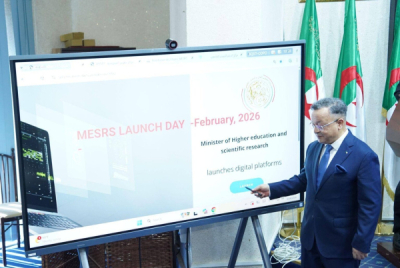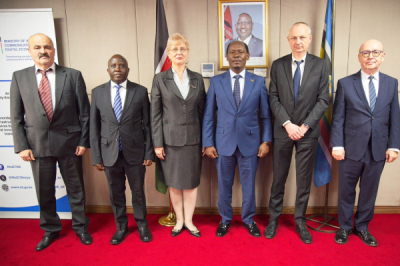Digital ID systems reduce bureaucratic inefficiencies and corruption. By digitizing identity verification, governments can cut down on duplicate registrations and ghost beneficiaries in public programs.
Zambia is looking to Ethiopia as a model for implementing its national digital identification system, citing the East African country’s successful home-built approach as a blueprint for locally driven innovation. This was disclosed by Mr. Percy Chinyama, National Coordinator of Smart Zambia, during the Africa Innovation Conference in Addis Ababa. Emulating this model could help Zambia strengthen security by ensuring proper citizen identification and preventing identity fraud.
According to the official press release issued by the Zambia Embassy in Ethiopia on April 29, 2025, Mr. Chinyama highlighted the Zambian government’s strategic shift away from proprietary systems in favor of homegrown digital infrastructure. Ethiopia’s locally developed digital ID framework was cited as a prime example of what Zambia aims to replicate.
Ethiopia’s Fayda Digital ID initiative is emerging as a leading example on the continent because of several factors. Unlike many systems that rely heavily on foreign proprietary solutions, Ethiopia’s digital ID is developed in-house with open-source technology, ensuring sustainability, adaptability, and reduced long-term costs.
The Fayda system uses biometric authentication and de-duplication, ensuring each citizen has one unique, verifiable ID. It complies with the MOSIP (Modular Open Source Identity Platform) standards, making it interoperable with other systems globally.
The UNDP reports that while 89% of Zambians possess paper-based National Registration Cards, only 1.5 million out of an estimated 9 million have been enrolled using biometric data. The finding underscores a major digital identity gap. This limits citizens’ access to essential digital services and undermines efforts toward financial and social inclusion.
Ethiopia’s home-grown biometric digital ID system, Fayda, offers a valuable model for Zambia to transition from insecure, paper-based IDs to a robust, inclusive digital identity infrastructure. Adopting this model could help Zambia improve service delivery, reduce fraud, and ensure more citizens can fully participate in the digital economy.
Hikmatu Bilali



















